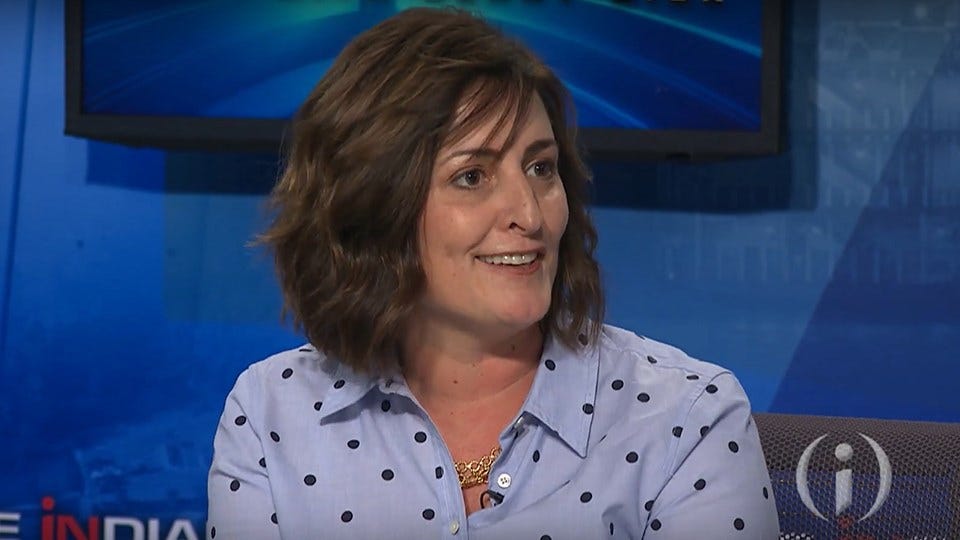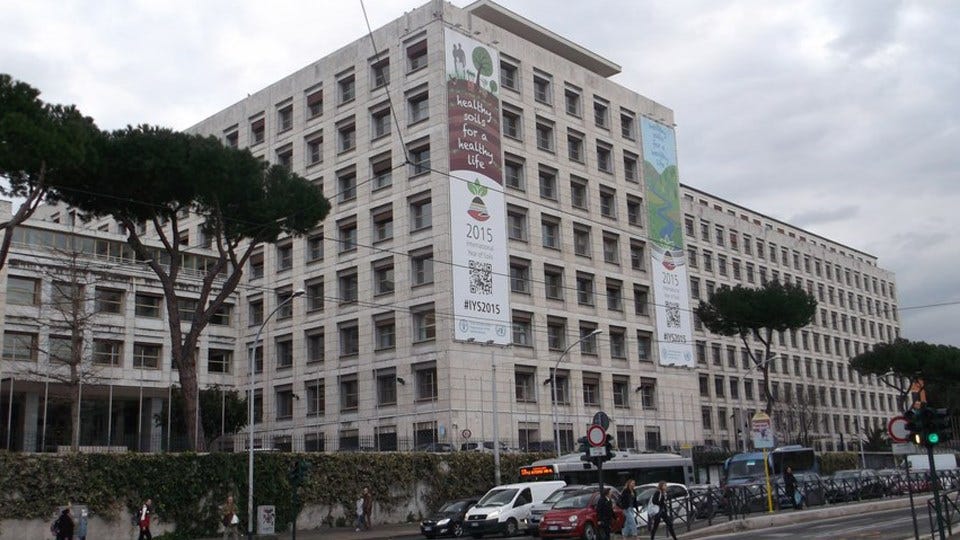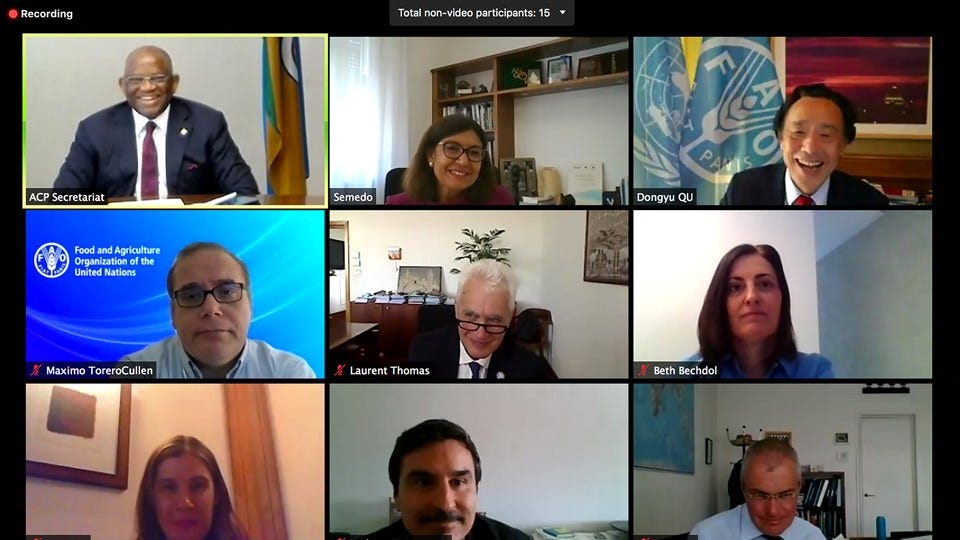Former AgriNovus Chief Shares COVID Challenges Abroad
Subscriber Benefit
As a subscriber you can listen to articles at work, in the car, or while you work out. Subscribe NowThe former chief executive officer of AgriNovus Indiana has been in her new leadership role with the United Nation’s Food and Agriculture Organization for just over two months, and she’s yet to work one day inside the headquarters in Rome.
Beth Bechdol was greeted at the airport by a nation in the early stages of the COVID-19 pandemic.
“It was crazy,” said Bechdol in an interview with Inside INdiana Business.
Bechdol was confirmed in December by the United Nations as a deputy director general of the FAO. Her last day at AgriNovus was February 28. Less than a week later, she would be catching a direct flight from Philadelphia to Rome with just 30 passengers aboard.
“It was an apocalyptic feeling of what am I going into,” wondered Bechdol. ”You looked around and asked herself, ‘what does everyone else know that I don’t?”
Once on the ground, however, Bechdol said things in Rome appeared “normal,” with busy streets filled with shoppers and tourists. She was even able to take in some sightseeing. But that’s when normalcy disappeared.
“I got here on March 6, my first day was March 9, Monday in the office. I got four days in before the headquarters were closed,” said Bechdol.
On March 9, the government of Italy imposed a national quarantine, restricting the movement of the population except for work, doctor’s visits, or going to a grocery store. In subsequent days, the crackdown was broadened.
Italy was the first European country to be affected by COVID-19. To date, the country has recorded more than 31,000 deaths related to COVID-19.
Bechol said while 70% of the COVID cases and deaths have been in northern Italy, the country took a nationwide approach to control the spread of the disease.
“All the rules, all the restrictions, and lockdowns applied to all of us. No matter what city or part of the country you were in. It was a national shutdown and strongly executed.”
Bechdol described a “heavy police presence” where people were required to carry paperwork even if they were going to the grocery store.
Bechdol, who grew up on an Indiana farm, says she would watch news coverage from 4,000 miles away in the United States and was taken aback by this country’s response.
“As an American over here, and watching what’s happening to you (U.S.), realizing ‘my God, why aren’t they taking this more seriously?’”
She questioned why people would go to beaches as the height of the pandemic. “It’s mind-blowing to see.”
Since the shutdown, Bechdol has been working remotely, holding virtual meetings with staff, and getting to know her colleagues from afar.
“It’s been incredibly difficult. I’m not even close to knowing the things I should know by now,” shared Bechdol. “Being separated from the heart of the organization is hard.”
She says learning a new job at the FAO is challenging enough, but Bechdol is also learning how her organization functions within the United Nations, which she calls a “complicated structure.”
And despite her personal challenges associated with a new job, Bechdol knows the mission is critical, even during a pandemic.
The FAO contributes to international efforts to defeat hunger and improve local economies by helping its 190 member countries.
She said the worldwide pandemic affects FAO’s ability to respond to crises.
“Because of country restriction, lockdowns, safety people in the country – think Kenya, Uganda, Ethiopia, Somalia. And now we have COVID that is creating more delays and more challenges in getting those problems solved. This is a global challenge to the entire food system that will push the boundaries.”



